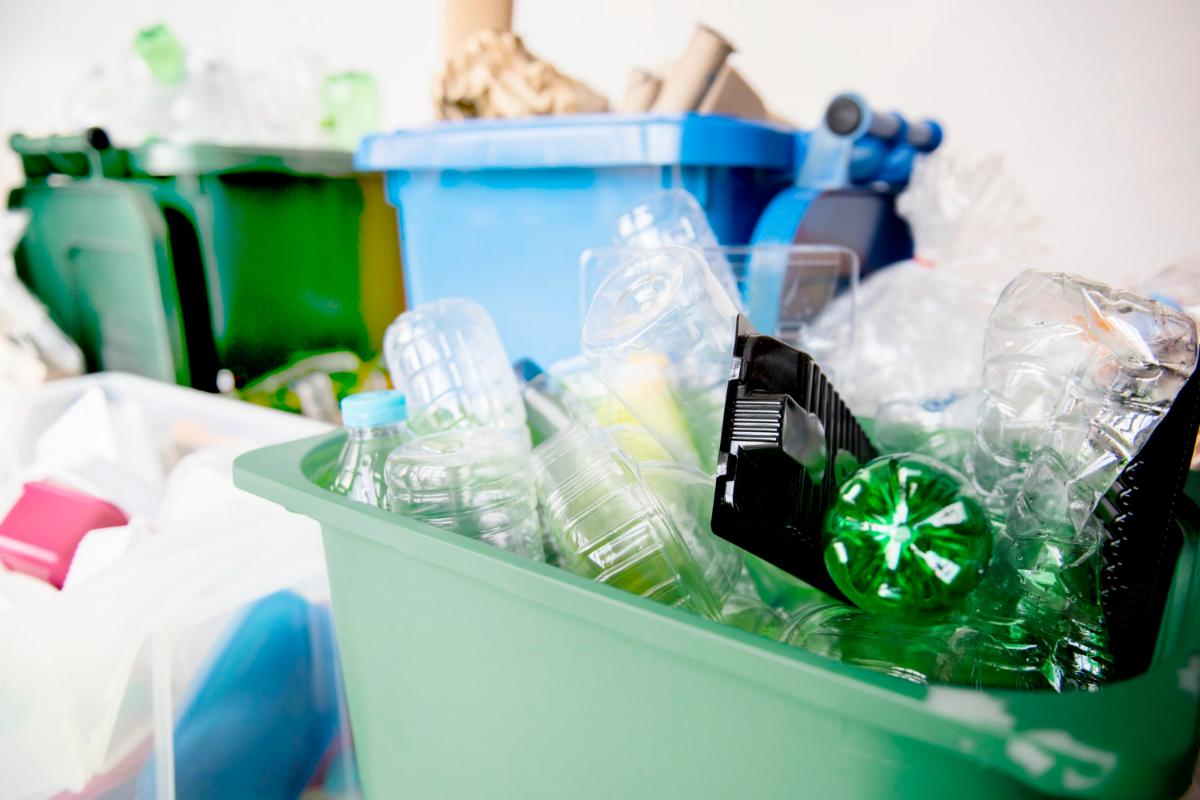
Unfortunately, recycling is a regional enterprise with different rules depending on where you are, making recycling challenging for people who just want to help make the world a better place. The truth is that recycling can be very confusing. Our experts on paper recycling in New Jersey are here to help with some essential recycling best practices.
Most people don’t know that plastic grocery bags dissolve into potentially dangerous microplastics and risk entanglement and ingestion by animals. Even though they are technically recyclable, they need to be dropped off at a particular place, not added to your regular recycling. Plastic bags are a massive problem for traditional recycling facilities. They easily get tangled in machinery and shut down the recycling process. In some places, if recycling materials arrive inside the plastic bags, workers are not allowed to handle them, leading to the bags and their contents being thrown in the trash. Even plastic wrap, bubble wrap, sandwich bags, and other flimsy materials should be left out of the recycling bin. Never bag your recyclable materials; instead, place them loosely into recycling bins.
Never recycle anything smaller than a credit card, including paper clips, plastic cutlery, coffee pods, bottle caps, straws, and a million other tiny objects consumers use daily. These objects are too small to be appropriately sorted and can easily jam recycling equipment. In addition, these little hazards shut down machines ten to fifteen times per day in some recycling centers. If you want to recycle bottle caps safely, put them back on their bottle.
Food waste is a huge problem that contaminates whole loads of recyclables and renders them useless. Your recyclables should be clean enough to reuse them. So, if you are putting items in the recycling bin and you are even remotely worried about pests and rodents being attracted to them, they are likely not clean enough for recycling. For example, never recycle pizza boxes with cheese and grease inside. Instead, tear off the soiled area and throw it away. Clean portions of the box are acceptable to be recycled, but the dirty ones will ruin anything they touch and be thrown away anyway.
Recycling only works well when like materials are stored together. Unfortunately, items like paper bubble wrapped envelopes, laminated paper, and plastic-coated coffee cups are not recyclable. Avoid purchasing these materials and choose materials that you can recycle instead.
Not all plastics are treated the same for recycling. For example, you can recycle rigid plastics numbered with codes 1 through 7. Generally, the higher the number of plastic materials, the less recyclable they are. Most centers will accept 1's and 2's, but things start to get tricky beyond that. In addition, many plastics are not recyclable through curbside collections. For example, in addition to plastic bags and films, any plastic that tears like paper cannot be recycled, including cereal bags, chip bags, pasta bags, and cracker bags. Plastics are confusing to recyclers, but it is best to avoid sending plastic straws, cutlery, and clamshell containers with your curbside recycling because they belong in the trash.
Follow these tips for better recycling. And contact us for paper recycling in New Jersey. We want to help you make the world a better place!